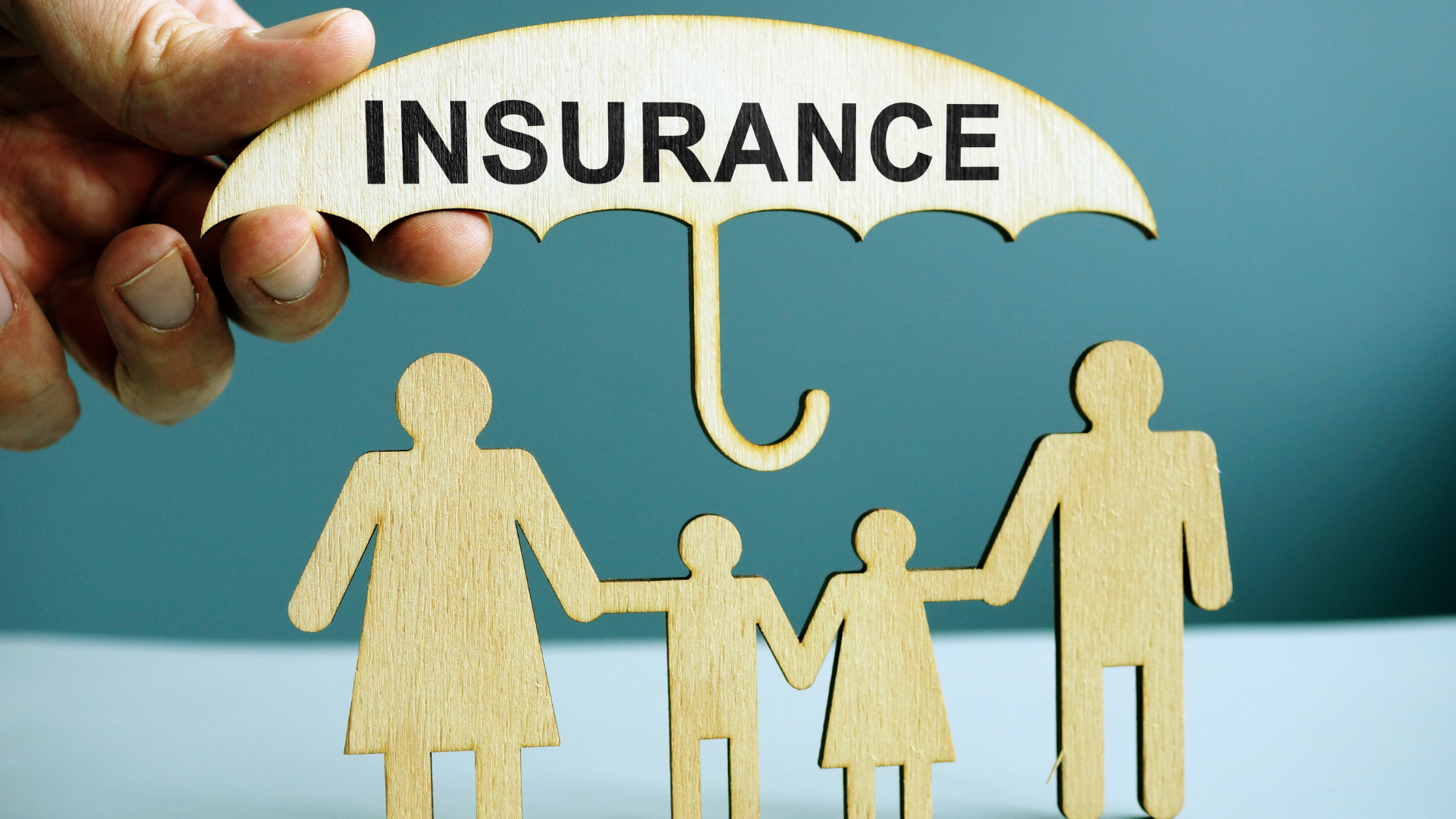An umbrella insurance policy protects all damages that may be incurred. This includes damages from natural disasters but also can provide protection in case of a lawsuit or if you are involved in an accident and need to protect yourself from legal action. This article will explore what an umbrella insurance policy is, how to get it, and some ways to save money!
What are the benefits of umbrella insurance?
There are several benefits to purchasing umbrella insurance. First and foremost, it can provide peace of mind if one’s primary insurance policy does not cover a specific area or type of claim. Additionally, umbrella policies often have higher limits than typical insurance policies, which can help protect individuals from significant financial losses in the event of an unfavorable outcome. Finally, umbrella policies often come with additional benefits such as accidental death and dismemberment coverage and protection against terrorism.
What is a typical umbrella policy?
When you buy an umbrella policy, you buy protection from various risks. Umbrella policies can protect you from losses caused by natural disasters, such as floods and hurricanes, and more mundane events, like burglary or theft. The type of coverage will depend on the specific risks involved in your situation.
Some things to keep in mind when shopping for an umbrella policy include the following:
- What are the minimum coverages?
- Is there a deductible?
- What is the coverage limit?
- How long does the policy last?
Some umbrella policies have a minimum coverage of $100,000 per event, while others have a limit of $250,000 or even $500,000. There’s typically a deductible associated with an umbrella policy, and coverage may be for one event or multiple events. The length of the policy and the price will vary depending on the specific details of the policy.
How much annual coverage should you have?
If you plan on owning or leasing property, consider purchasing umbrella insurance. This type of policy covers a variety of risks, such as loss of income due to a disaster. To qualify for this umbrella policy, you must prove insurable interest in your property.
Umbrella policies generally offer more coverage than standard home insurance policies. For example, a typical umbrella policy will cover losses caused by natural disasters such as floods and hurricanes. It will also cover damage resulting from accidents, such as vandalism or theft. Make sure to read the exclusions section of your policy to see if any specific events are not covered.
It is essential to understand how umbrella policies work to make the best decision for your needs. Typically, you pay a fee each year for coverage. This fee goes towards covering claims made on your behalf during that year. You can cancel your policy without penalty, but remember that this may cause you to lose some or all of the money you have paid in premiums over the past few years.
How much does it cost?
There are a few factors to consider when discussing the cost of umbrella insurance. The type of coverage you need, how often you’ll use it, and where you live all impact the price. Here’s a breakdown of what each piece of coverage costs:
Coverage Type:
Umbrella policies come in two varieties – general liability and automobile. General liability policies cover you for third-party loss, such as when someone is injured due to something you did. Automobile policies cover damage to your car that’s not anyone else’s fault.
How Often You’ll Use It:
A common misconception about umbrella coverage is that it’s only necessary when things go wrong. An umbrella policy can provide peace of mind no matter what happens. However, if you know that your business will generate many claims, purchasing a higher-level policy may be worth it.
Where You Live:
Where you live is an essential factor in determining the cost of an umbrella policy. The laws in different states vary significantly, so it’s important to do your research before selecting a policy. Additionally, some states impose stricter limitations on insurance companies than others – this can also affect the cost of an umbrella policy.
What should you do if your insurance doesn’t cover what you need?
If you have health insurance, but it doesn’t cover everything your medical needs, you may be able to get an umbrella policy. Umbrella policies are designed to fill in the gaps in an individual’s coverage.
Understanding what is covered by your health insurance and what is not is important when shopping for an umbrella policy. Most policies will only cover hospitalization and physician expenses. An umbrella policy will likely cover additional costs, like prescription drugs and outpatient surgeries.
It is important to compare policies thoroughly before purchasing one. Ask about exclusions and how much the policy will cost per month. Some companies also offer discounts for bundling multiple policies together.
Umbrella insurance is a type of coverage that can help you and your family if something bad happens. It can help pay for medical expenses, lost wages, and funeral costs. Before you buy umbrella insurance, it’s important to understand what kind of coverage it provides and the premiums you’ll need to pay. If you have questions about umbrella insurance or want to compare rates, consult the nearest agent now.




